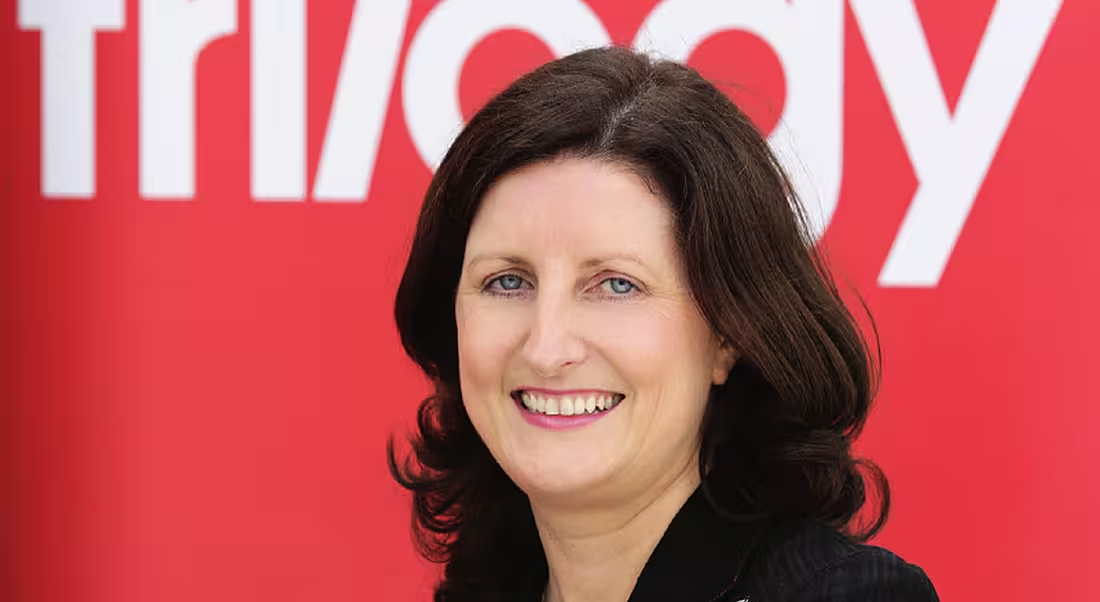Ireland will have to go even further than the reforms of the past week to fill the IT skills gap by encouraging even more skilled migrants to locate in the country, the new chair of the Irish Software Association (ISA) Edel Creely said.
“To fully realise our growth ambitions, we need to drive more graduates into IT-related college programmes and step up efforts to ease restrictions on skilled migrants coming here to meet demand in the IT sector.
“The increasing number of Irish graduates opting for IT-related careers is encouraging – but it will not be enough to meet demand. We will need to rely on inward migration for sourcing highly experienced IT professionals and those with multilingual skills until the level of domestic supply can be built over the next five years,” said Creely.
Creely’s comments come a week after the Government announced a series of reforms to enhance Ireland’s standing as the internet capital of Europe.
In addition to providing an additional 2,000 ICT graduates in the next year, the reforms are geared to provide Ireland with the highest proportion of ICT graduates as a share of third-level graduates by 2018.
But crucially the reforms provided for an increase of 50pc, or 700, in the number of employment permits granted over the coming year in the ICT sector.
Cork-based IT employer and RTÉ Dragons’ Den investor Sean O’Sullivan urged Irish IT employers to seize the opportunity of the reform of the work permit system.
However, while 700 places might help to alleviate pressure this year, there remains a gap of up to 5,000 skilled positions at ICT companies in Ireland today.
“In particular, the Government’s pledge to grant an extra 700 employment permits in the IT sector over the coming year, and cut processing times by one-third, will help to boost Ireland’s attractiveness for international mobile talent,” Creely went on.
“As well as the anticipated demand for IT specialists in emerging areas like big data, cloud and security, new and existing companies across all sectors of the economy will still need more programmers, software engineers, system architects, support technicians with languages, and others,” said Creely.
According to an EU study, Anticipating the Development of the Supply and Demand of eSkills in Europe in 2010-2015, the EU labour market could face an excess demand of 384,000 IT practitioners by 2015.
“Ireland can be at the centre of a new enterprise-led recovery, with software technology companies, started here and scaling globally, contributing to long-term sustainable economic growth.
“These companies will be marked by their ability to create and innovate. They will need to be maverick, disruptive and ambitious in generating new solutions to old problems,” Creely said.
Women Invent Tomorrow is Silicon Republic’s year-long campaign to champion the role of women in science, technology, engineering and maths




